[ad_1]
Biden’s current policies represent continuity rather than a change of Trump’s policies, writes Ali Bakir.
In November 2020, the majority of voters in the US voted against transactional President Donald Trump as they wanted to undo his policies and diminish the debased standards he was representing.
As a result, Joe Biden won the presidential elections not because he was popular but because these voters believed he was their candidate for this particular mission.
During his first 18 months or so in office, Biden focused on reversing Trump’s major policies; however, his recent trip to the Middle East informs a very different story.
Tracking his visit to Israel and Saudi Arabia, one can say that Biden’s trip bears striking similarities with Trump’s visit to Riyadh and Tel Aviv. In other words, as reflected by the trip, Biden’s current policies represent continuity rather than a change of Trump’s policies. Many observers believe that Biden is actually embracing his predecessor’s so-called legacy achievements.
Interest over values
Biden’s first trip to the Middle East marks his administration’s most significant foreign policy U-turn until now.
To his critics, visiting Israel and Saudi Arabia knowing that the first assassinated a Palestinian-American journalist while the second murdered a Saudi citizen and a green card holder journalist was a very outrageous decision. It asserted the notion that America’s foreign policy is always about interests rather than values.
To justify his move, Biden pinned an article for the Washington Post arguing that US interests come first. Concerning the Middle East, the manifestation of the US interest has always rested on three central pillars: Israel, oil, and supporting autocracies. In other words, Biden ended up affirming the previous belief regarding the de-moral nature of US foreign policy.
Despite the difference in tone and behaviour between Trump and Biden, Trump represented the same idea, albeit blatantly and boldly. Regardless, the outcome of the conduct of the two presidents in the two cases remains the same.
However, the damage in Biden’s case is much more disastrous because the echo chamber is spinning the whole issue as a rational choice.
Israel first
Another striking similarity between Biden’s trip to Israel and Saudi Arabia Trump’s visit in 2017 is the unconditional commitment and support to Tel Aviv. During his visit, Biden proudly reaffirmed his Zionist orientation when he said, “you need not be a Jew to be a Zionist”.
According to Biden, the whole point of his visit was to deepen the integration of Israel into the region. This reference shows Biden’s embracement of the so-called Abraham accords.
These accords are one of Trump’s legacies in the Middle East. They meant to integrate Israel into the region and isolate the Palestinians. They are also designed to spare the Israelis any effort to make peace, acknowledge the two-stet solution, or adopt the Arab peace initiative.
Biden’s visit uncovered his effort to bring in Saudi Arabia to these accords. While his administration believes these accords will promote stability, most likely, they will not. If something, they will lower the Israeli incentive to make peace with the Palestinians and antagonise Iranians. Ultimately, they will contribute to destabilising the region.
Although Biden fiercely criticised Trump’s withdrawal from the nuclear deal with Iran, better known as the JCPOA, his administration could not convince Tehran to rejoin the agreement despite the several concessions made by the administration to seduce it to accept the offer.
Just like Trump, who repeatedly vowed the US would never allow Iran to develop nuclear weapons, Biden affirmed the same line from Israel. In fact, Biden went a step forward when he signed a joint strategic declaration with Israel’s Prime Minister Yair Lapid in which the US vowed to use “all elements in its national power” to prevent Iran from obtaining nuclear weapons.
The declaration contains a US commitment to fully implement the terms of a $38 billion military support memorandum of understanding, the most extensive aid package of its kind in US history. This measure is expected to complicate the negotiations with Iran over the nuclear deal in the coming period.
The curse of oil & autocracies
Before going to Saudi Arabia, Biden repeatedly downplayed his trip to Riyadh. He affirmed that his visit was not about Saudi Arabia, denied meeting MbS, and claimed that he would not ask Riyadh to produce more oil. His team asserted there would be no press conference for Biden in Saudi Arabia.
However, once Biden touched down in Saudi Arabia, he exactly did the opposite.
Following a meeting with MbS, Biden delivered aired remarks during which he tried to frame his discussion with the crown prince as confrontational regarding human rights abuses. The reality, however, was very different.
From a bro first to a beaming smile, Biden’s relaxed posture conveyed a totally different message. A message of intimacy and comfort shifted the look toward MbS from being a pariah to a partner.
The desire to ask the kingdom to pump more oil into the market to ease fast-rising oil prices amid Russia’s war on Ukraine and its weaponisation of energy against the west is very similar to what Trump did in 2018 following his visit to Riyadh. This link between oil and autocracy highlights the historic American trade-off of more US security assurances to autocratic governments in return for a commitment to pump more oil into the energy market.
Some experts might argue that despite these striking similarities, there are still many dissimilarities. For example, contrary to Trump, Biden says he is still committed to two-state solutions and believes this is the right way to resolve the Israeli – Palestinian struggle.
Concerning Iran, as a person who served in an administration that concluded the nuclear agreements with Iran, Biden is in favour of a nuclear deal with Tehran, which is something Trump would have never endorsed. As for Saudi Arabia, Biden did say his opinion openly after all.
However, these dissimilarities are confined to the rhetorical level and have no real implications on the course of events and/or developments. In other words, they imply an image of a weak, hesitant, and confused President. To sum up, Biden’s visit further eroded the image of the US in the region, affirmed Washington’s adherence to interests versus values, and displayed the limits of Washington.
[ad_2]


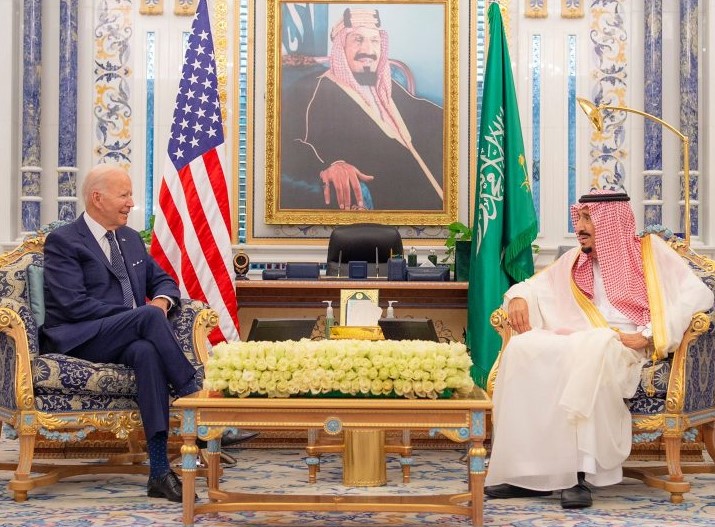
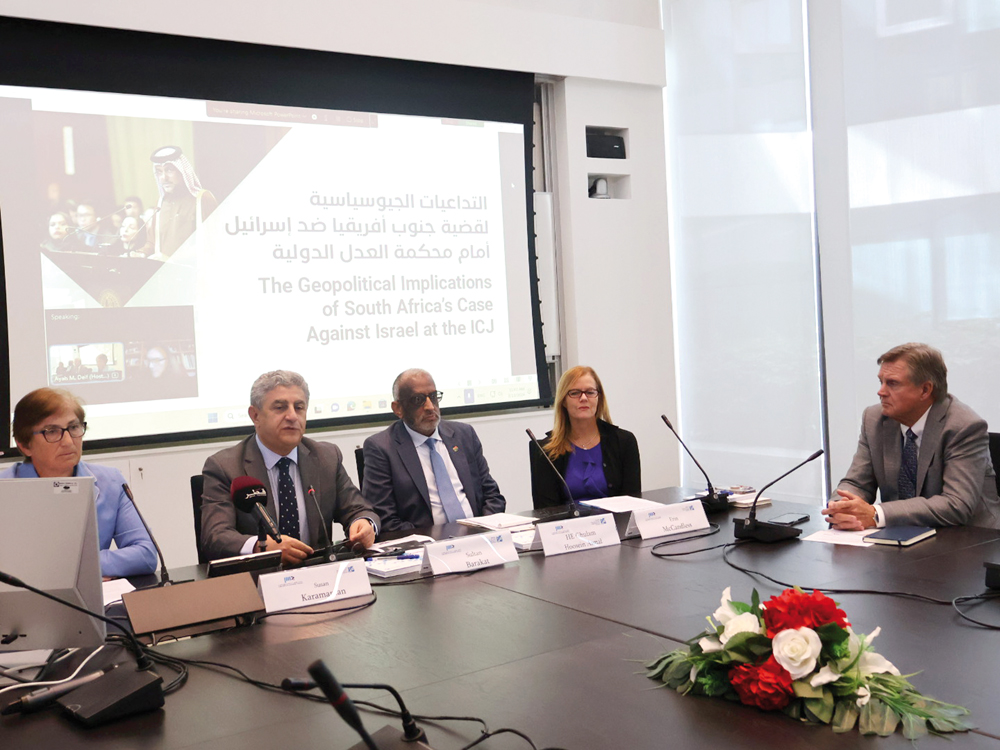
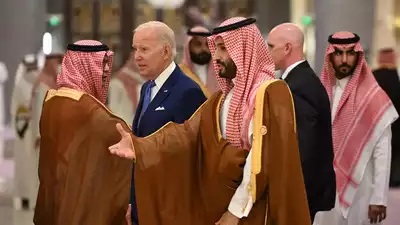
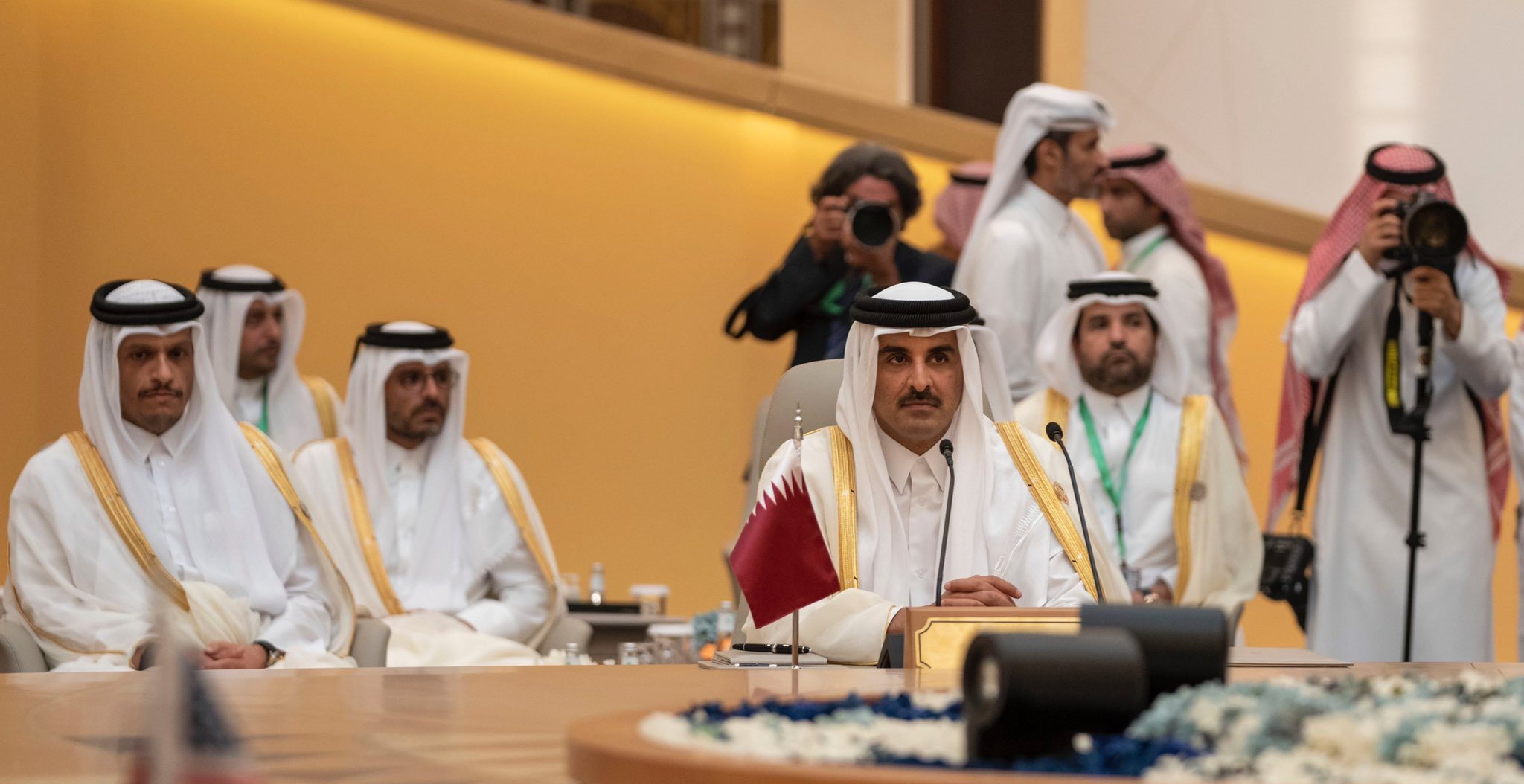

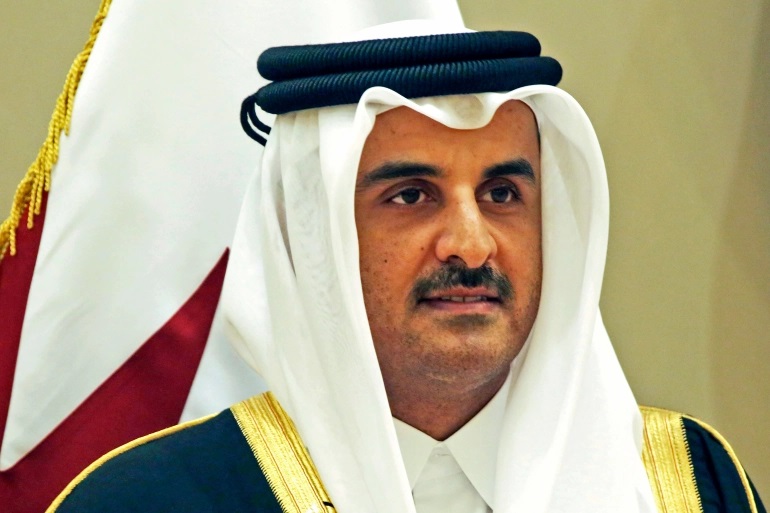

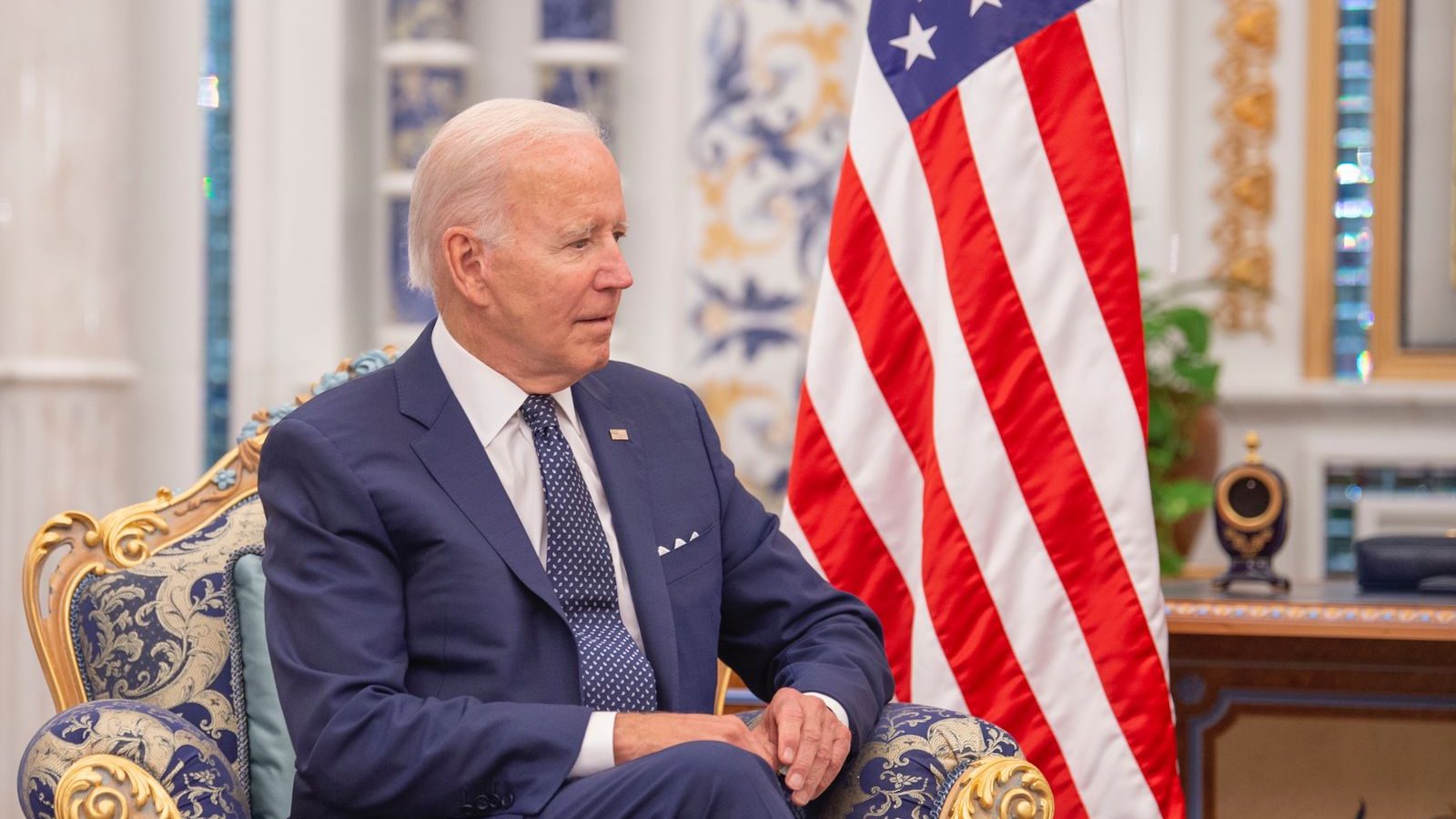

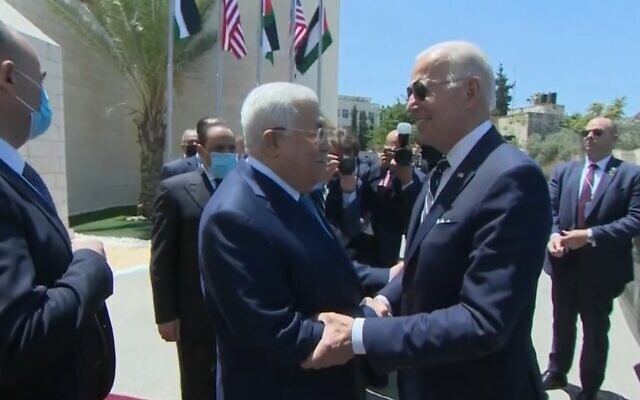
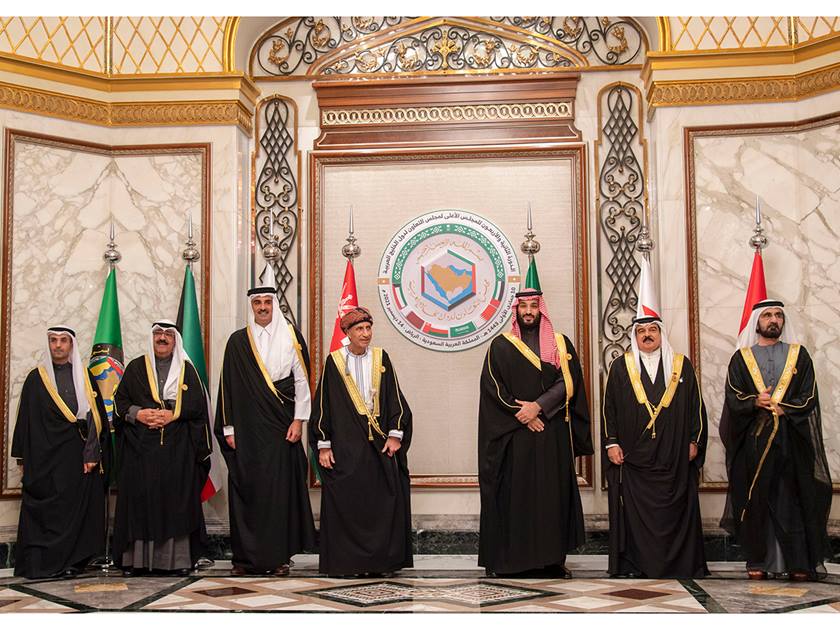




Leave a Reply